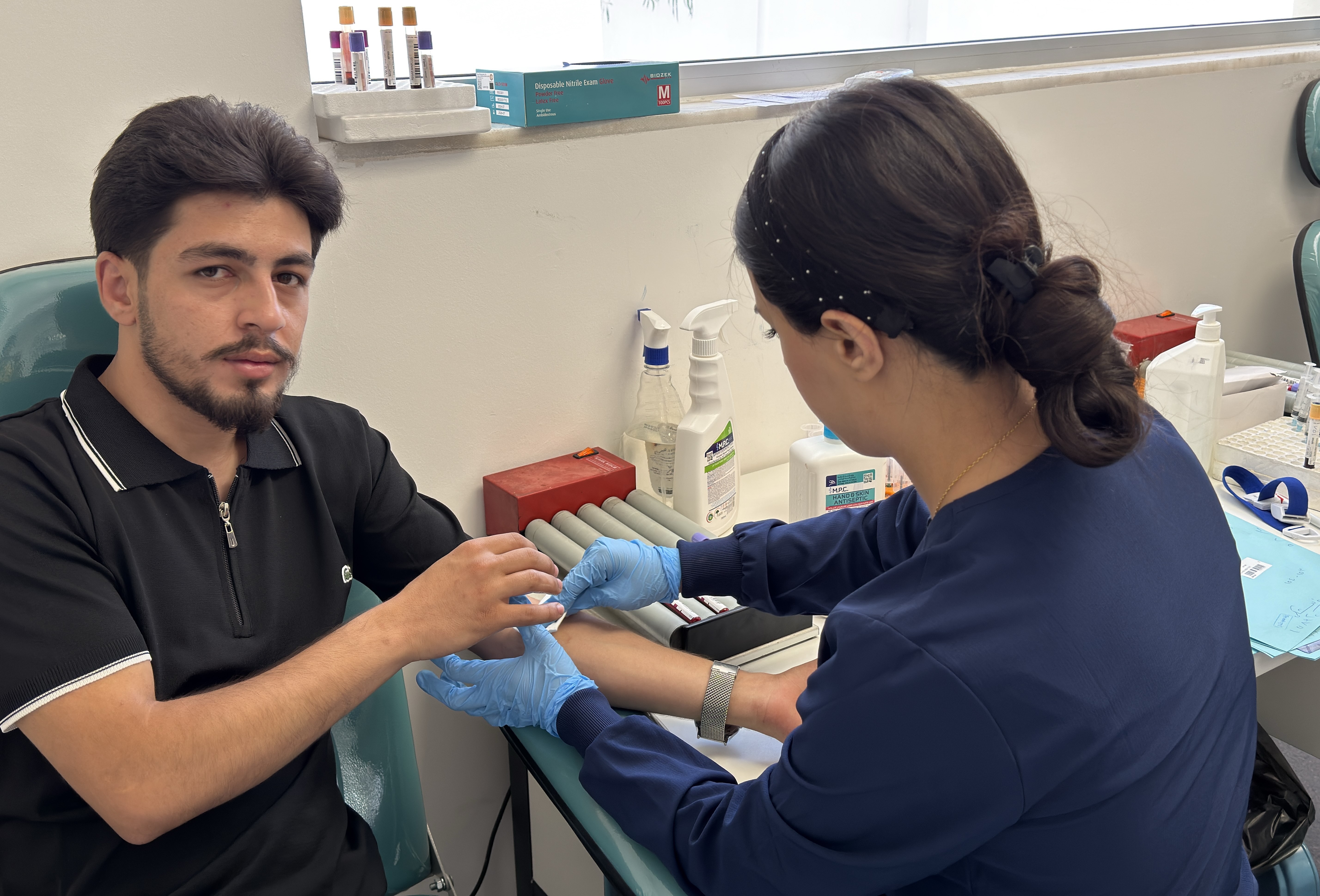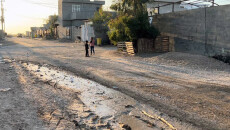The Iraqi Ministry of Health has approved the opening of a premarital screening unit in the district of Daquq, but the service is not yet operational.
The approval came after a visit by Kirkuki lawmaker Dylan Ghafoor to the Iraqi Minister of Health on Monday.
Dylan stated, “The minister has approved the opening of a premarital screening unit at Daquq General Hospital.”
A source at Daquq General Hospital confirmed that they had received the news, but mentioned they had not yet received any official response.
Individuals planning to marry are currently required to travel to Kirkuk or the district of Tuzkhormatu for premarital testing, which is time-consuming and costly compared to if the service were available in Daquq.
Daquq is located 44 kilometers south of the center of Kirkuk, the center of northern, multiethnic, oil-rich Kirkuk province.
Iraq’s healthcare system, once one of the most advanced in the region, is now in a serious crisis. There is a shortage of buildings, drugs, and medical staff to administer care. The country has faced challenges from wars, political instability, and the departure of many doctors seeking opportunities abroad.
The political chaos after 2003, pushed an estimated 15,000 out of 52,000 registered Iraqi doctors to leave the country, seeking training and life abroad rather than permanent state employment.
The pre-marital examination is a crucial requirement for the court to grant a marriage license. These examinations include blood type, blood composition, genetic diseases, HIV, hepatitis B and C, sperm analysis for men, and ovarian examination for women.
The purpose is to assess their reproductive ability, genetic diseases, and the necessary precautions to be taken. The Permanent Medical Committee then presents a report to the court, indicating the couple's suitability for marriage and having healthy children, and the court makes the decision to grant them a marriage license.
In 2019, the Iraqi government allocated just 2.5% of the state’s $106.5 billion budget to its health ministry, while security forces received 18% and the oil ministry 13.5%. The same was true for 2014.
Over the past decade, data from the World Health Organization WHO shows, Iraq’s central government has consistently spent far less per capita on healthcare than its much poorer neighbors - $161 per citizen each year on average, compared to Jordan’s $304 and Lebanon’s $649, a report by Reuters found.






